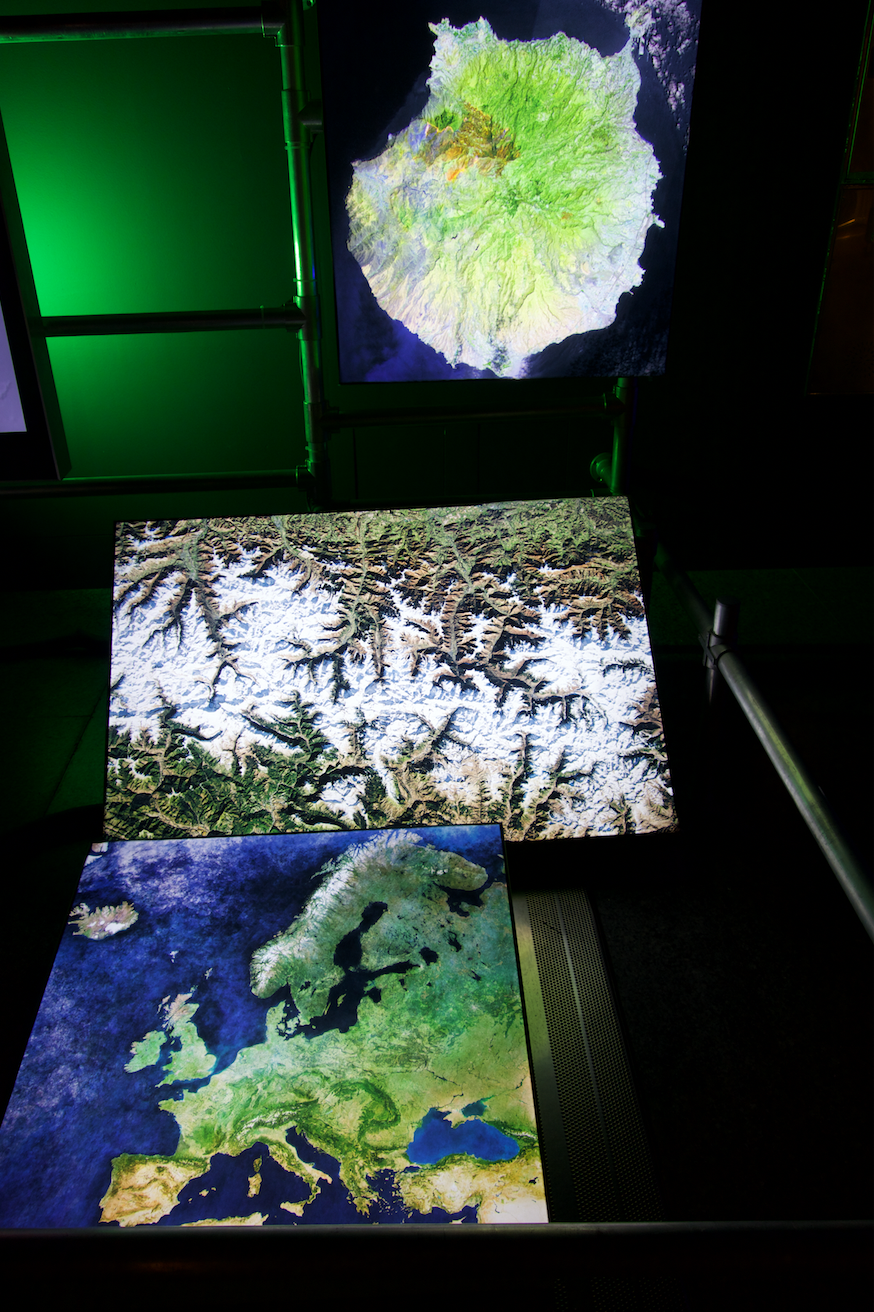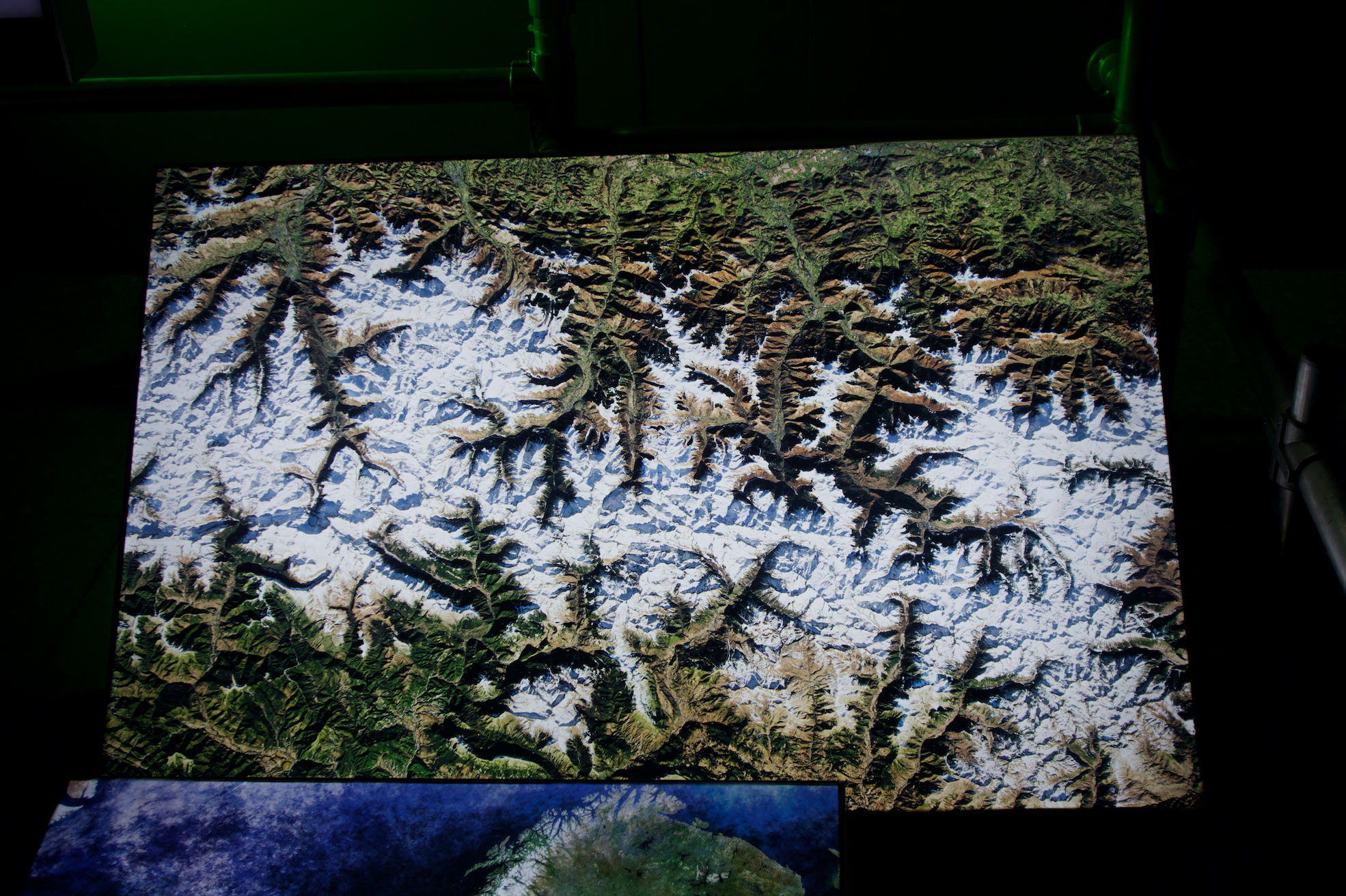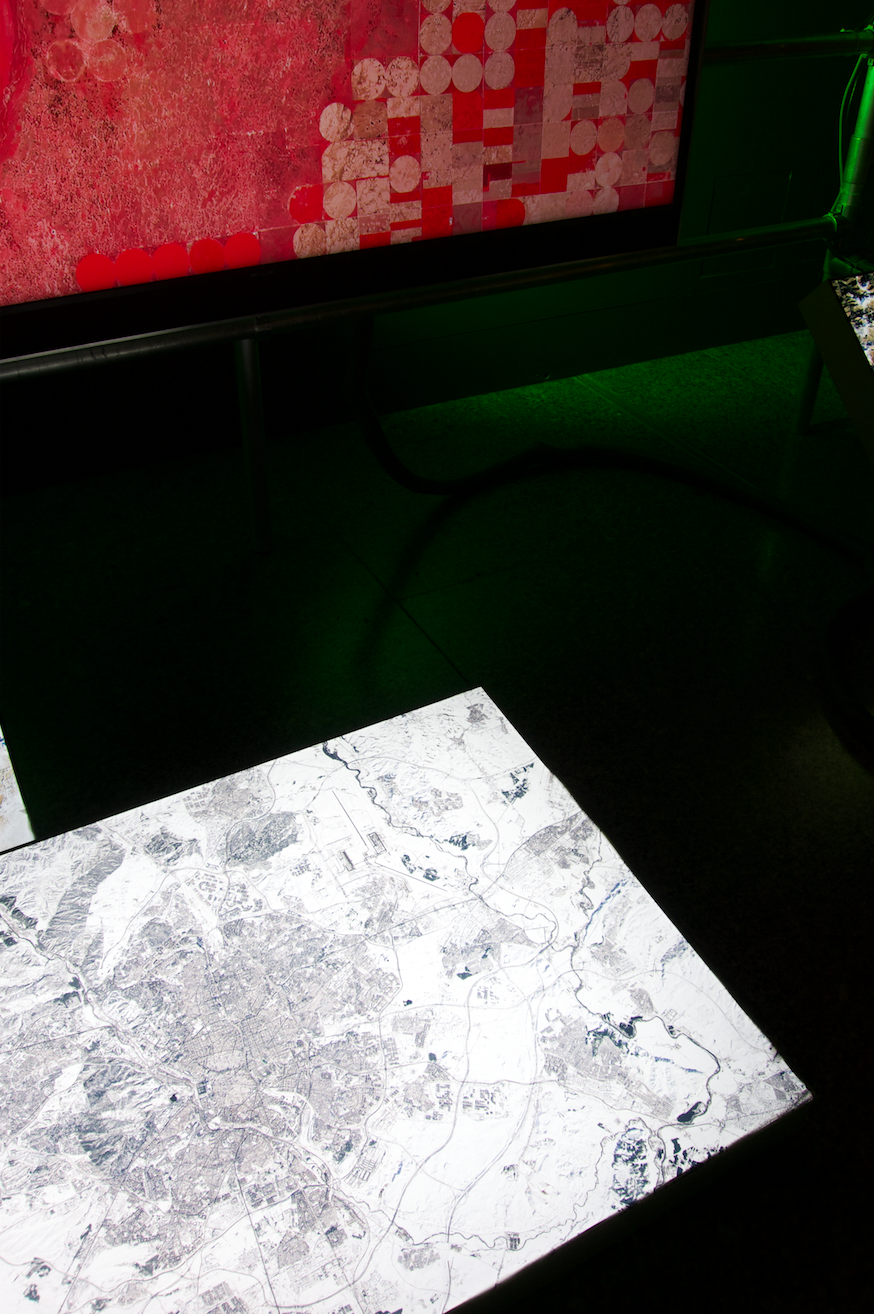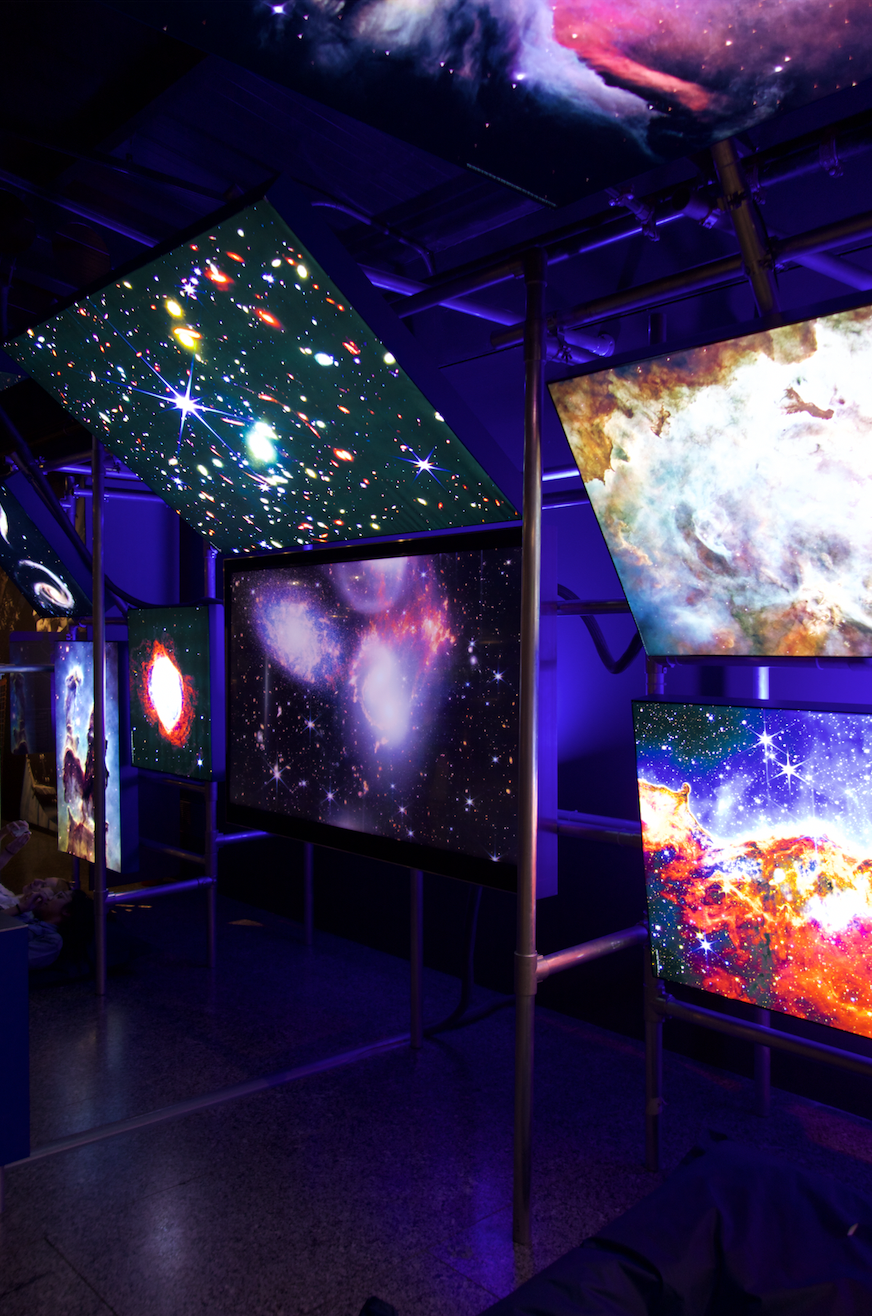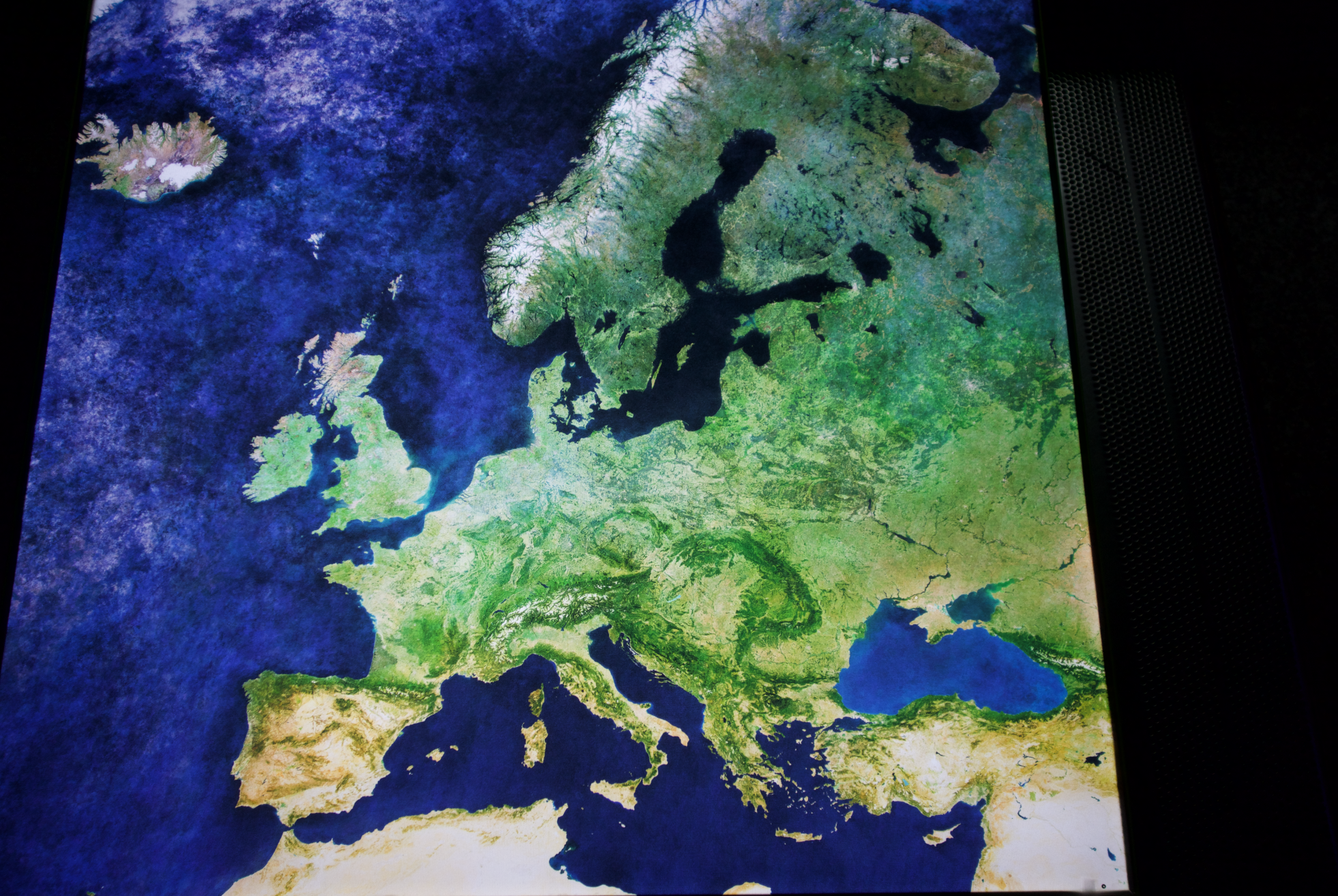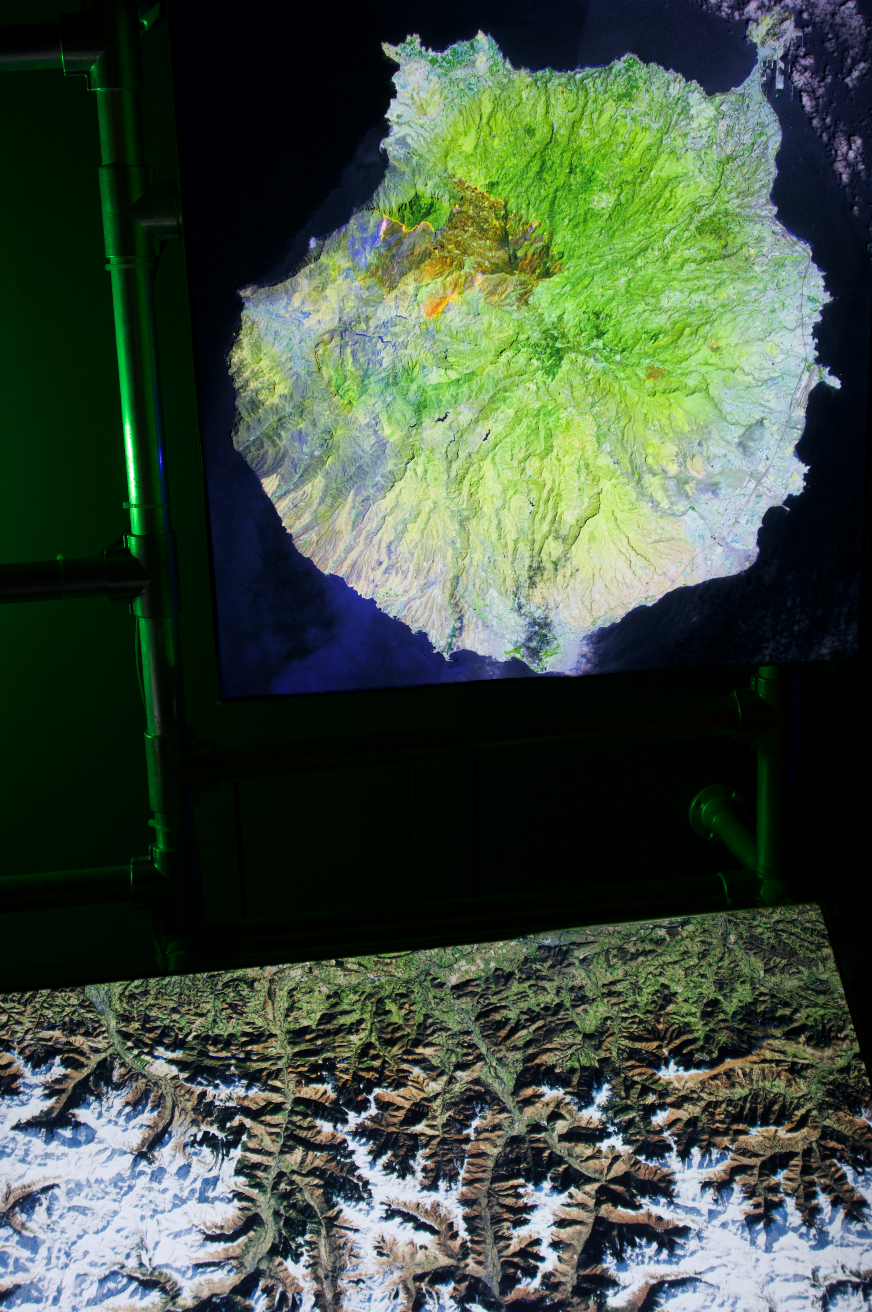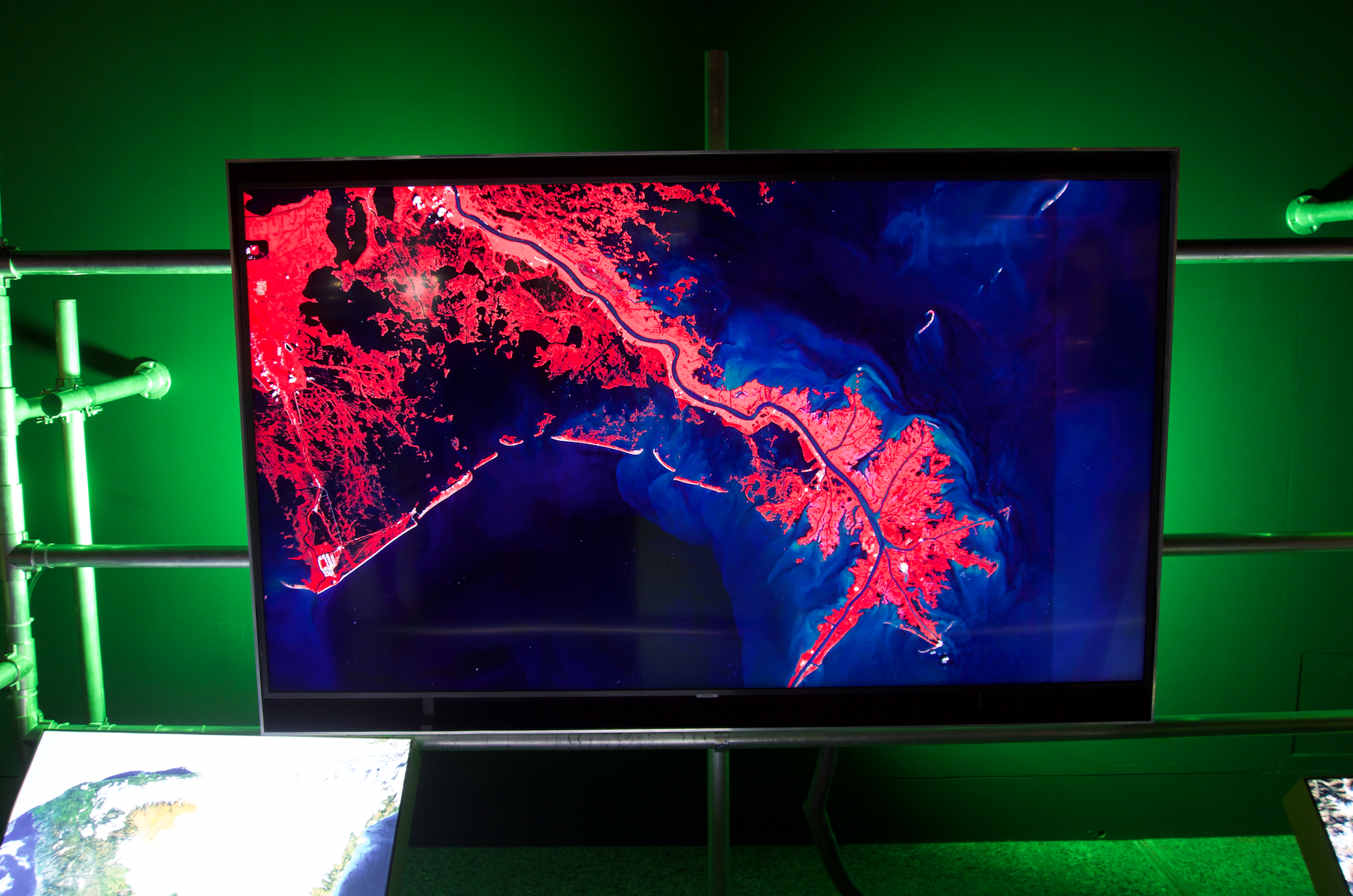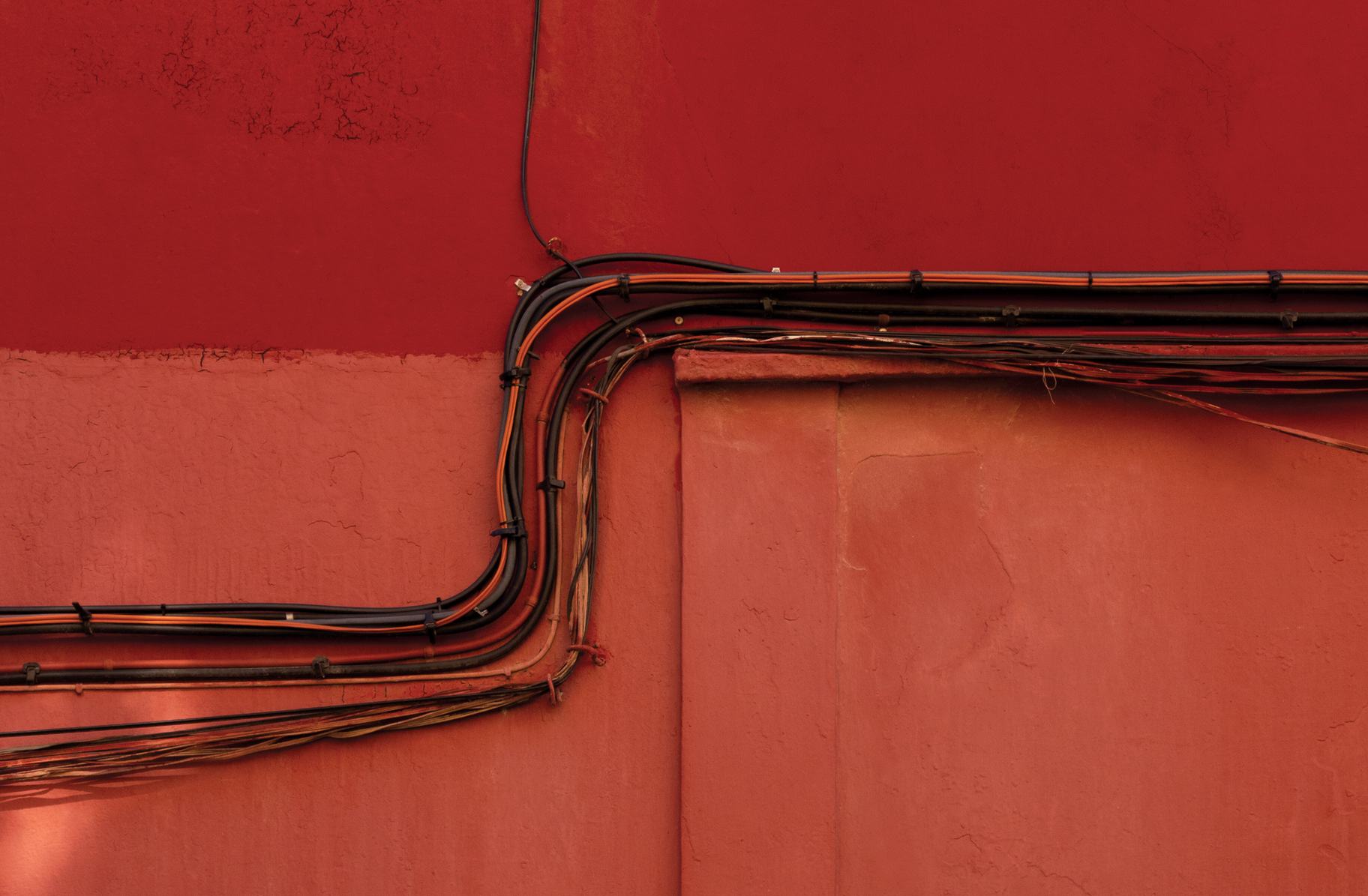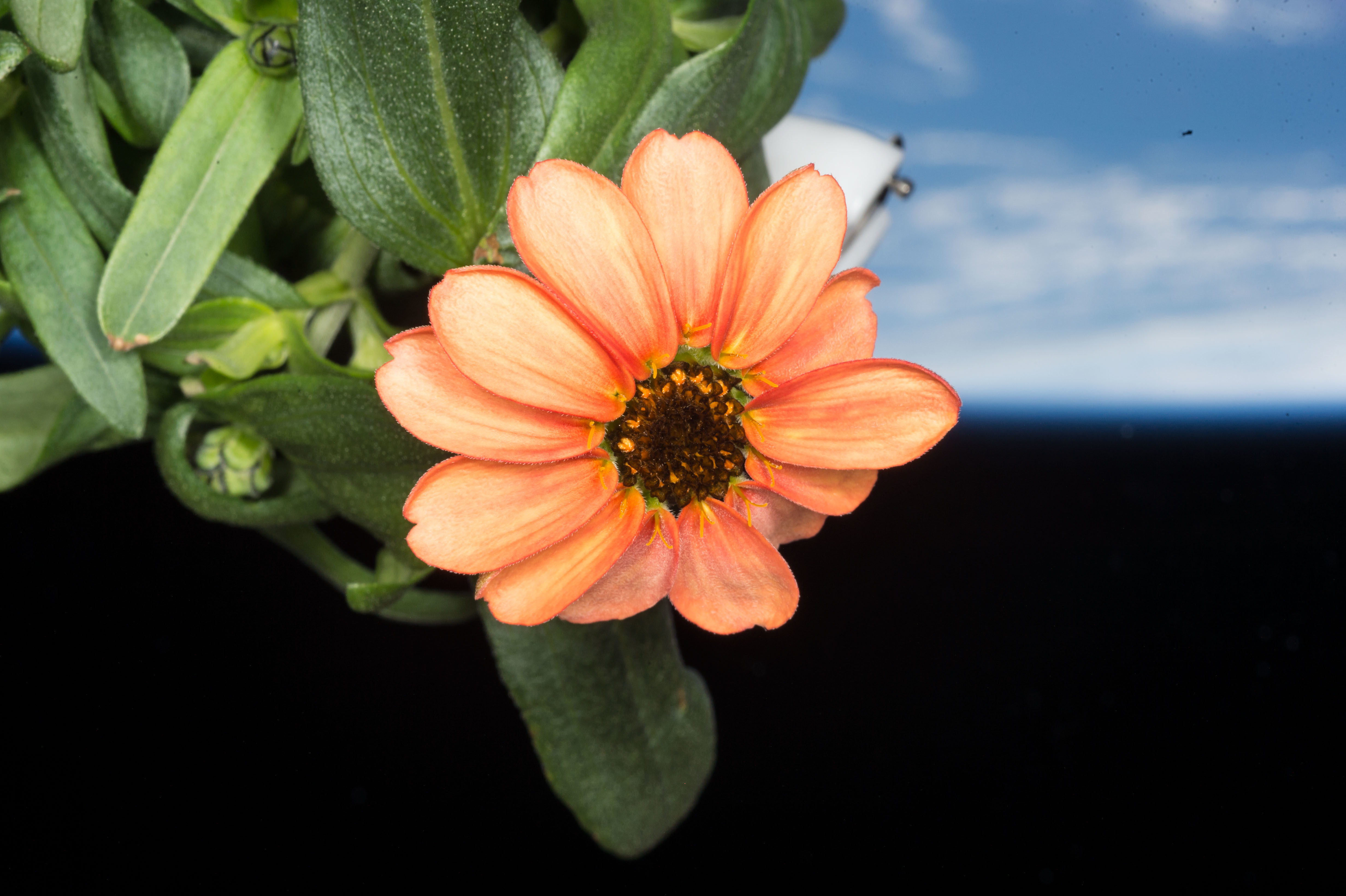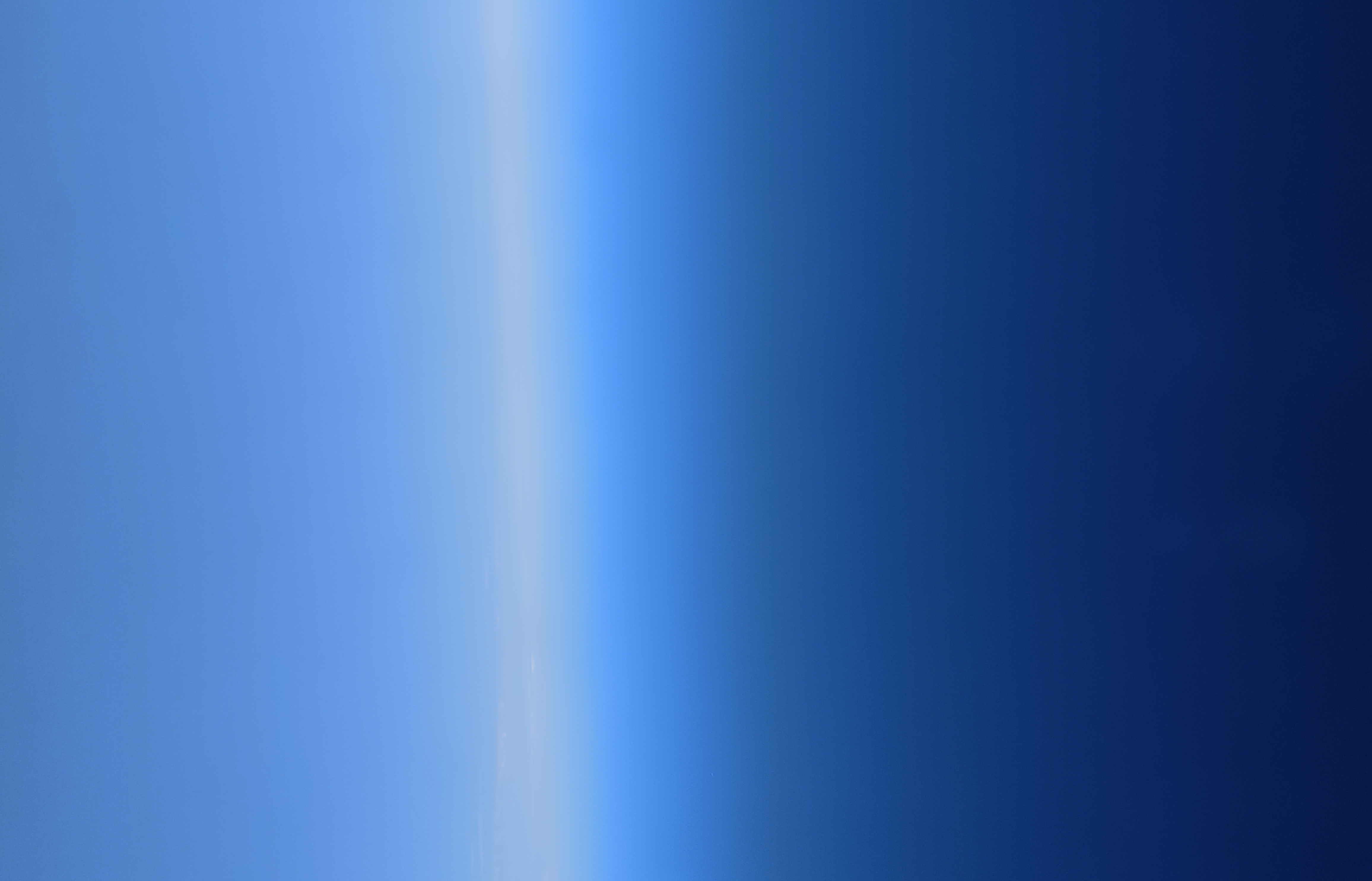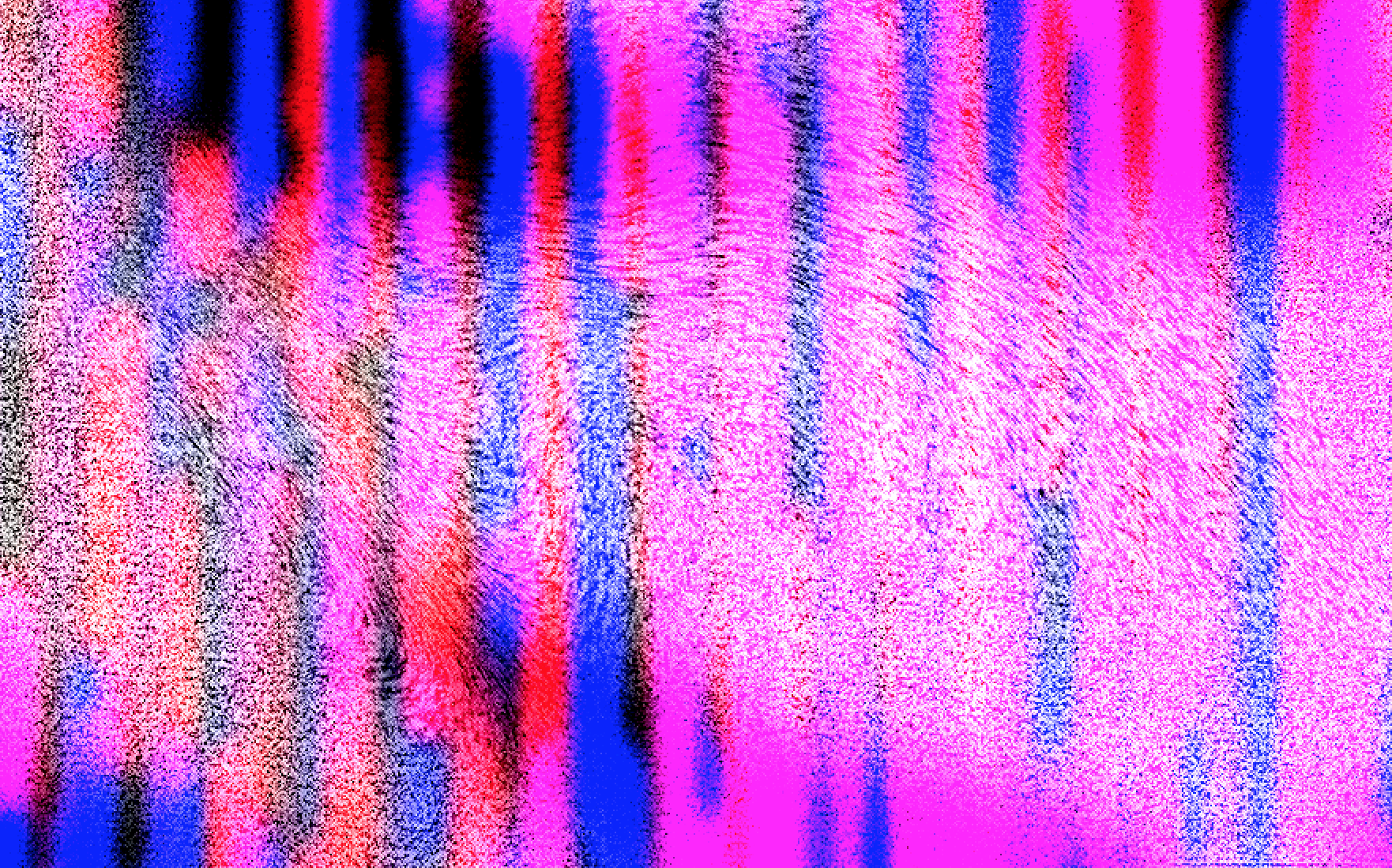Laboratory of Observation
& Research
—
Chemical Interplay
of Science & Art
NeurAstra.xyz is the format in which the fundamental building blocks of matter that constitute our planet bond together through the chemical interplay of science and art.
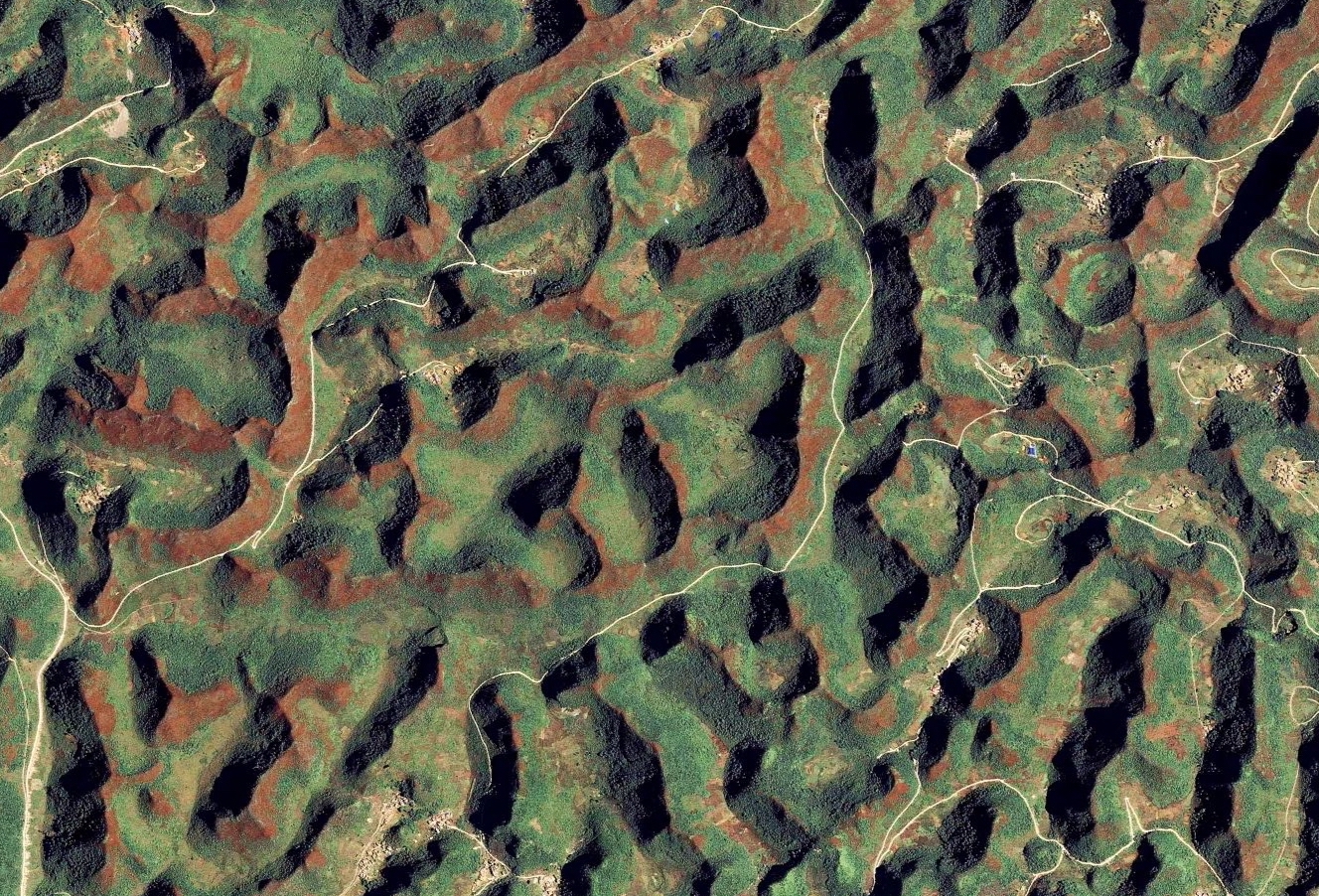
MOL
—High-Resolution Reconnaissance
collection: GRAPHIC ESSAYS
areas: cartography/technology
—
by: NeurAstra
/Les Nouveaux Cosmiques
SYSTEM: (S02) Altanube Pando
—
exhibition: finished
venue:
> Sumsi Gallery, Valencia, Spain
> AltaNube 874, Annecy, France
release: 2024
—
—High-Resolution Reconnaissance
collection: GRAPHIC ESSAYS
areas: cartography/technology
—
by: NeurAstra
/Les Nouveaux Cosmiques
SYSTEM: (S02) Altanube Pando
—
exhibition: finished
venue:
> Sumsi Gallery, Valencia, Spain
> AltaNube 874, Annecy, France
release: 2024
—
Through the use of satellite imagery, Geographic Information Systems (GIS), and advanced data visualisation techniques, modern tools have revolutionised our perception and understanding of the planet. The Earth’s landscapes can now be captured and analysed with unprecedented precision and detail.
MOL draws inspiration from the United States Air Force’s historic Manned Orbiting Laboratory (MOL) program. This graphic essay aims to reimagine the objectives and technological aspirations of the original MOL programme, transforming satellite surveillance into an art form. It highlights the intersection of technology, exploration, and environmental observation.
Utilising satellite imagery from the SENTINEL-1 satellite, the project presents a collection of high-resolution views that capture the intricate details of our planet’s surface. These images echo the reconnaissance missions initially intended for national security purposes, yet MOL focuses on the aesthetic and contemplative aspects of satellite photography. It portrays Earth as both a subject of scientific inquiry and an object of artistic admiration.
Accompanying the visual exhibition is a narrative that delves into the historical context of the MOL programme, exploring its goals, technological innovations, and eventual cancellation. This narrative also encourages reflection on the evolution of satellite observation, the ethical dimensions of surveillance, and the conceptual possibilities of satellite imagery, while celebrating the profound beauty of our planet from above.
MOL draws inspiration from the United States Air Force’s historic Manned Orbiting Laboratory (MOL) program. This graphic essay aims to reimagine the objectives and technological aspirations of the original MOL programme, transforming satellite surveillance into an art form. It highlights the intersection of technology, exploration, and environmental observation.
Utilising satellite imagery from the SENTINEL-1 satellite, the project presents a collection of high-resolution views that capture the intricate details of our planet’s surface. These images echo the reconnaissance missions initially intended for national security purposes, yet MOL focuses on the aesthetic and contemplative aspects of satellite photography. It portrays Earth as both a subject of scientific inquiry and an object of artistic admiration.
Accompanying the visual exhibition is a narrative that delves into the historical context of the MOL programme, exploring its goals, technological innovations, and eventual cancellation. This narrative also encourages reflection on the evolution of satellite observation, the ethical dimensions of surveillance, and the conceptual possibilities of satellite imagery, while celebrating the profound beauty of our planet from above.
OVERVIEW


